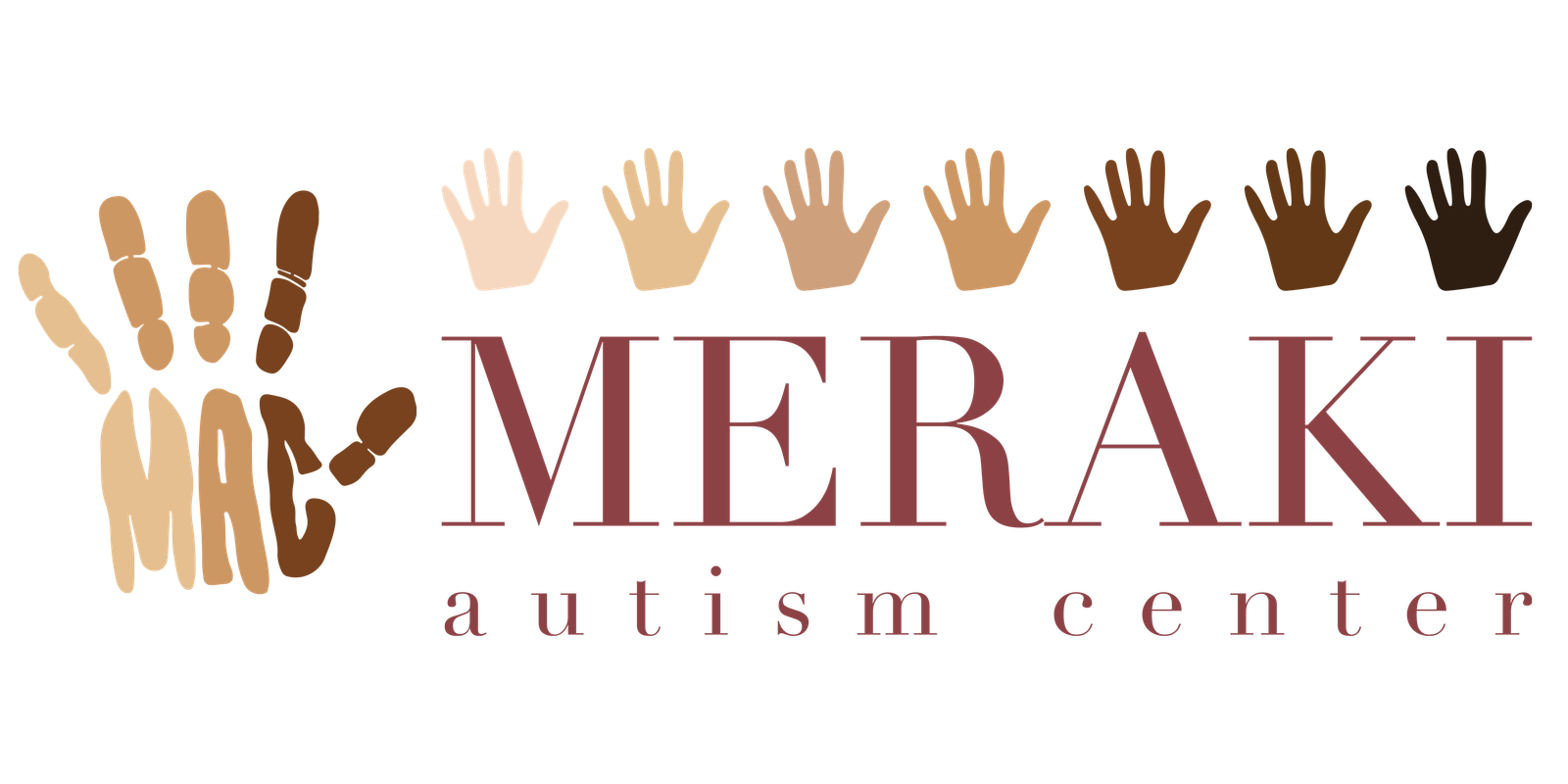Tracking developmental milestones is crucial for understanding your child’s growth and recognizing early signs of delays or differences. Applied Behavior Analysis (ABA) therapy is an evidence-based practice uniquely equipped to support children in achieving critical behavior and developmental milestones. Let’s explore how ABA therapy can positively influence early childhood development.
Developmental and Behavioral Milestones in Early Childhood
Developmental milestones are behaviors or physical skills most children can accomplish by a certain age. These milestones span key areas, including:
- Communication and Language Skills: Babbling, first words, responding to names, and forming simple sentences.
- Social and Emotional Development: Sharing toys, playing interactively, showing empathy, and managing emotions.
- Cognitive Skills: Problem-solving, memory, understanding cause-and-effect relationships, and early academic abilities.
- Motor Skills: Crawling, walking, drawing, and self-care skills such as feeding or dressing.
Recognizing when milestones are not met can indicate a need for additional support, including ABA therapy.
Role of ABA Therapy in Achieving Milestones
ABA therapy is specifically designed to address developmental delays or differences through structured, individualized interventions. Here’s how ABA therapy supports milestone achievement:
- Individualized Intervention Plans: ABA therapists assess each child’s strengths and areas needing growth, creating customized plans that target specific developmental goals.
- Skill-Building through Repetition: ABA uses structured, repeated opportunities to practice essential skills, promoting mastery and generalization across different settings.
- Positive Reinforcement: Encouraging and rewarding desired behaviors reinforces learning, motivating children to consistently demonstrate new skills.
Tracking Progress with ABA
ABA therapy places significant emphasis on data collection and progress tracking. Therapists carefully document each child’s advancements, making it possible to:
- Measure Effectiveness: Regularly evaluating progress allows therapists to refine and adjust interventions for optimal results.
- Support Family Involvement: Providing families with clear data helps parents understand their child’s growth and encourages their active participation in the therapeutic process.
- Identify New Goals: As milestones are achieved, ABA therapists continually reassess and set new developmental targets to ensure ongoing progress.
Practical Tips for Parents
Parents play a pivotal role in supporting their child’s developmental journey. Here are practical strategies to encourage milestone achievement at home:
- Reinforce Positive Behaviors: Consistently praise or reward your child when they demonstrate a new skill.
- Structured Playtime: Incorporate educational and structured activities into daily routines, providing regular opportunities for skill practice.
- Engage Actively: Participate in your child’s therapy sessions to understand and replicate effective strategies at home.
Partnering with Meraki Therapy Center
At Meraki Therapy Center, we are dedicated to empowering children and their families through comprehensive ABA therapy. Our skilled therapists collaborate closely with families to foster significant and lasting developmental gains, helping each child reach their full potential.
Interested in how ABA therapy can support your child’s developmental milestones? Contact Meraki Therapy Center today for personalized guidance and compassionate care.






0 Comments